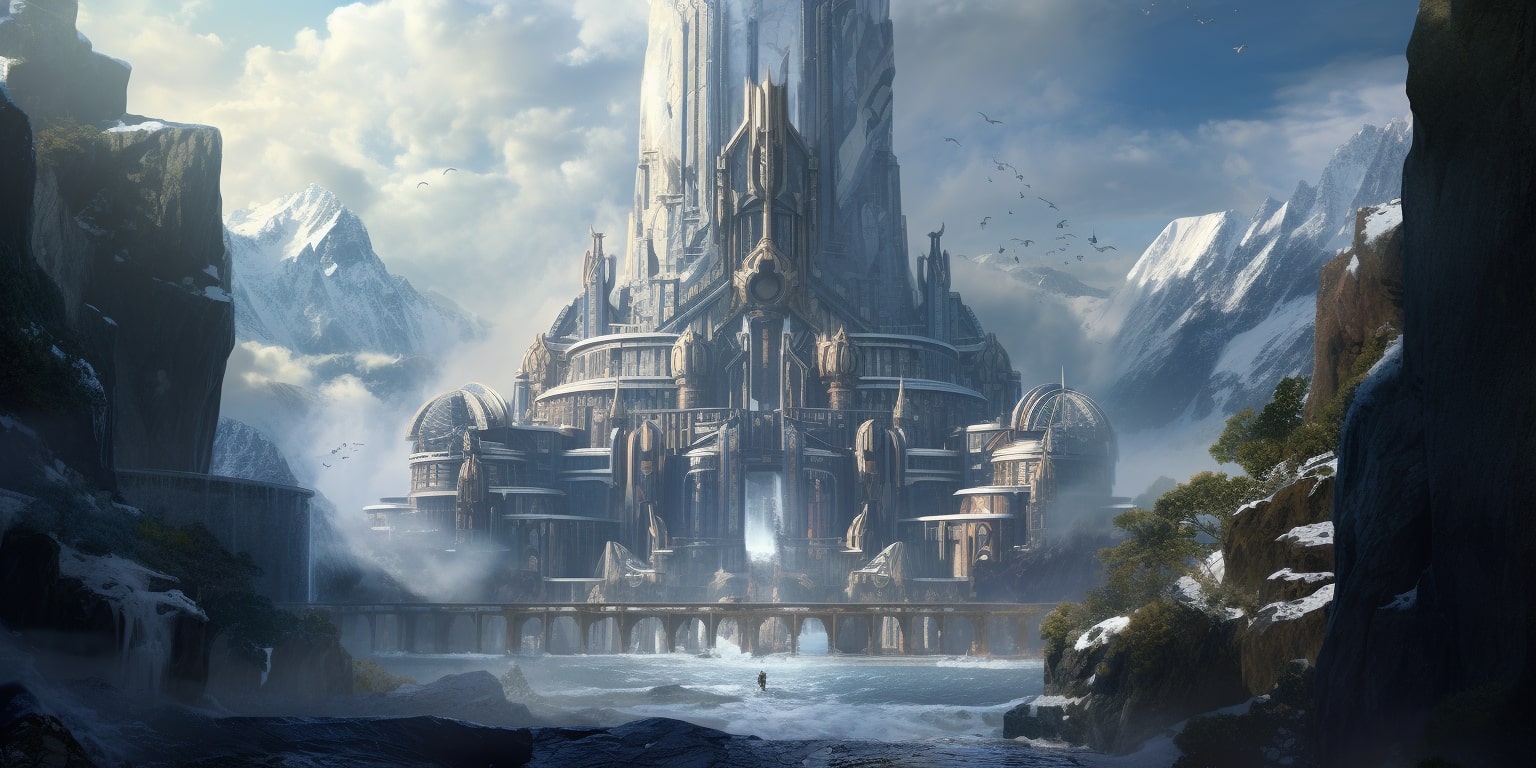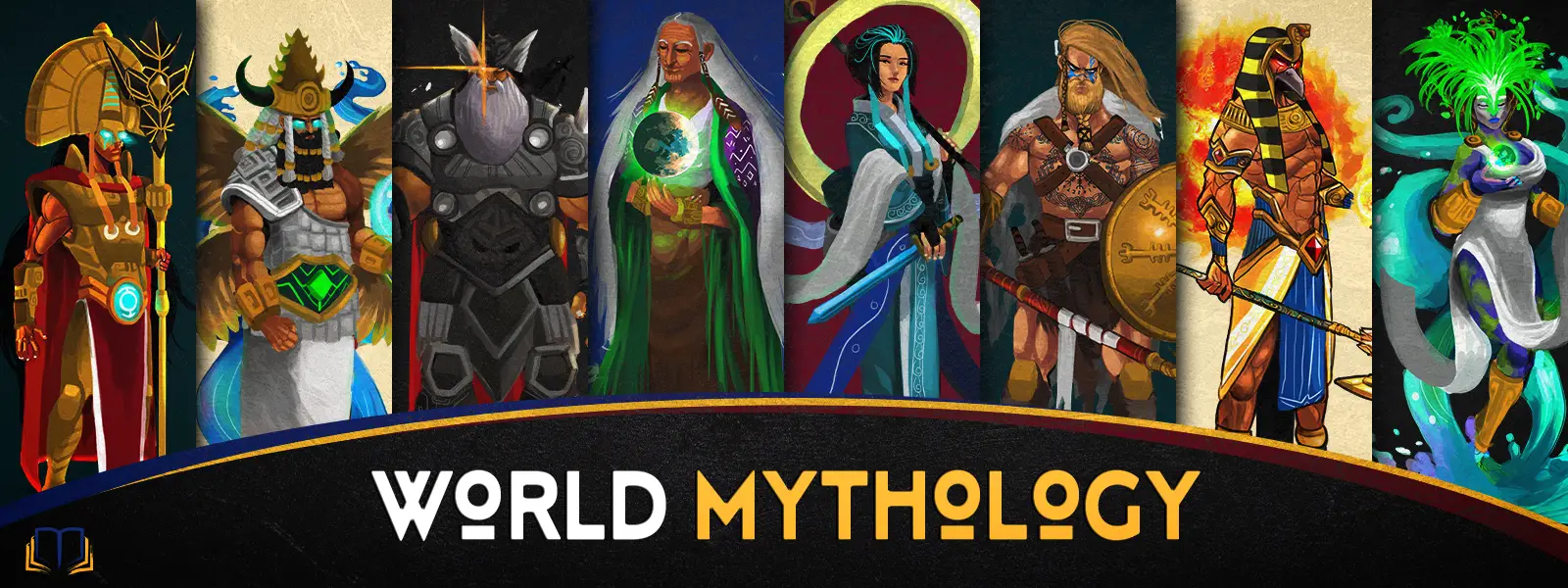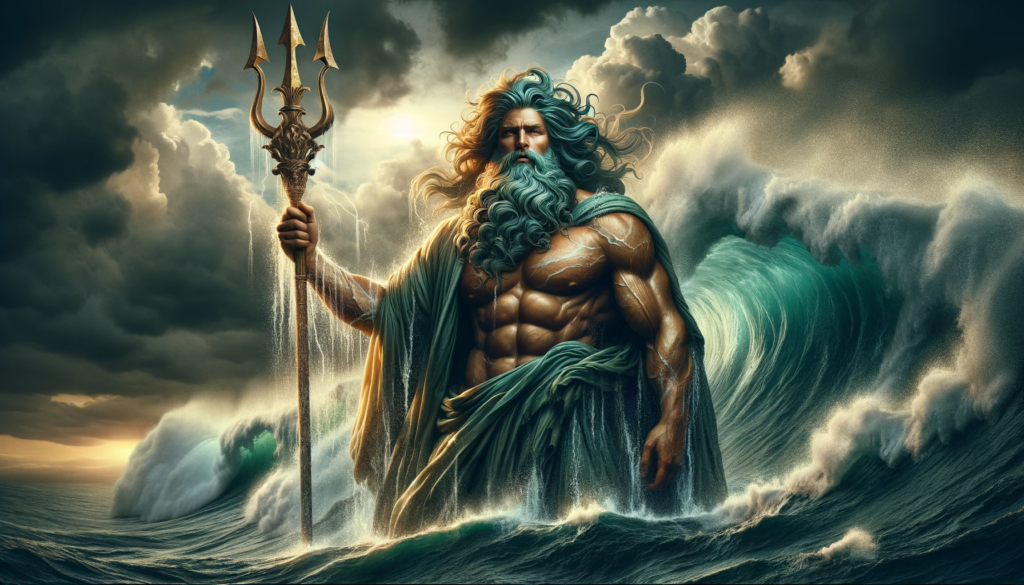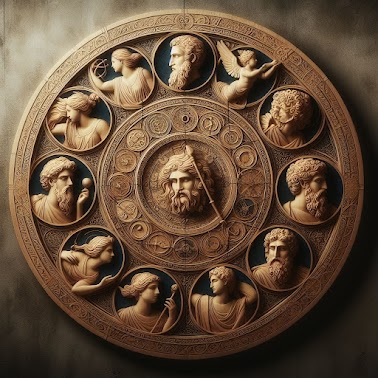Exploring World Mythology: Legends and Folklore from Different Cultures

What exactly is world mythology, you may wonder? At its core, it is the collective body of myths, legends, and folktales that have been passed down through generations within various cultures across the globe. These tales serve as a cultural inheritance, embodying societies' beliefs, values, and experiences throughout history.
One of the most fascinating aspects of world mythology is its diversity. Each culture offers a unique perspective on the world, shaped by its geography, history, and social dynamics. From the majestic gods of ancient Greece to the mystical creatures of Aboriginal Dreamtime, from the epic adventures of Norse heroes to the enchanting folklore of Japan, the richness of world mythology knows no bounds.
Take, for example, the myth of Gilgamesh, the legendary king of ancient Mesopotamia. In this epic tale, Gilgamesh embarks on a quest for immortality, facing trials and tribulations that mirror the human condition itself. His journey resonates across cultures and millennia, reminding us of our shared humanity and the eternal quest for meaning.
But world mythology is not merely a relic of the past; it continues to shape our lives and worldviews profoundly. Many aspects of modern culture, from literature and art to film and fashion, are infused with mythological motifs and themes. The enduring popularity of franchises like Harry Potter, DC, Marvel, and Game of Thrones attests to our enduring fascination with the fantastical and the mythic.
In conclusion, exploring world mythology is not merely an academic pursuit; it is a journey of discovery, enlightenment, and transformation. By immersing ourselves in the rich tapestry of global legends and folklore, we gain insight into the human experience and find connection amidst diversity. So, let us embark on this odyssey together, embracing the wonder and the wisdom that await us in the realm of myth and legend.








Comments
Post a Comment